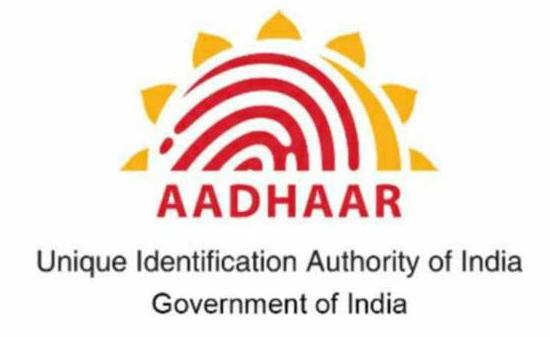Unique Identification Authority Of India (UIDAI)
In India, an inability to prove identity is one of the biggest barriers preventing the poor from accessing benefits and subsidies. Public as well as private sector agencies across the country typically require proof of identity before providing individuals with services. The Unique Identification Authority of India UIDAI was established in January 2009, as an attached office to the Planning Commission. AADHAR is a 12 digit unique number which the Unique Identification Authority of India UIDAI will issue for all residents. The authority will aim at providing a unique number to all Indians, but not smart cards. The number will be stored in a centralized database and linked to the basic demographics and bio metric information photograph, ten finger prints and iris of each individual.

Features
- The UID will only guarantee identity, not rights, benefits or entitlements.
- All residents in the country can be issued a unique ID. The UID is proof of identity and does not confer citizenship.
- The UIDAI envisions full enrolment of residents, with a focus on enrolling India poor and under privileged communities. The Registrars that the UIDAI plans to partner with the MNREGA,RSBY, and PDS will help bring large numbers of the poor and under privileged into the UID system.
- Existing identity databases in India are fraught with problems of fraud and duplicate ghost beneficiaries.To prevent this from seeping into the UIDAI database, the UIDAI plans to enrol residents into its database with proper verification of their demographic and biometric information.
- The UIDAI approach will be a demand driven one, where the benefits and services that are linked to the UID will ensure demand for the number.
- The UIDAI role is limited to issuing the number. This number may be printed on the document card that is issued by the Registrar.
The UIDAI will seek the following demographic and biometric information in order to issue a UID number
- Name, date of birth, gender.
- Father's, husband's, guardian's name and UID number optional for adult residents.
- Mother's, wife's, guardian's name and UID number optional for adult residents.
- Introducer name and UID number in case of lack of documents.
- Address and All ten finger prints, photograph and both iris scans.
The UIDAI will offer a strong form of online authentication,where agencies can compare demo graphic and bio metric information of the resident with the record stored in the central database.
Click Here to get more details about this act



